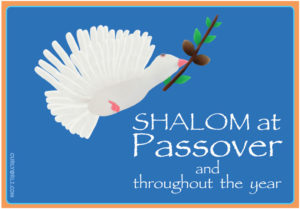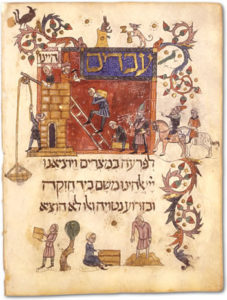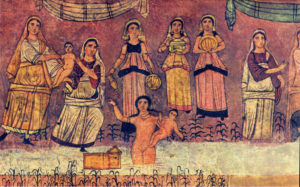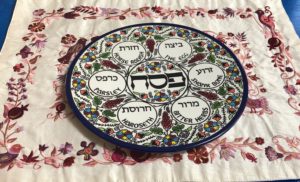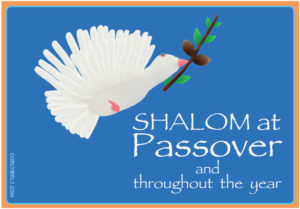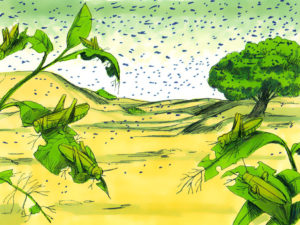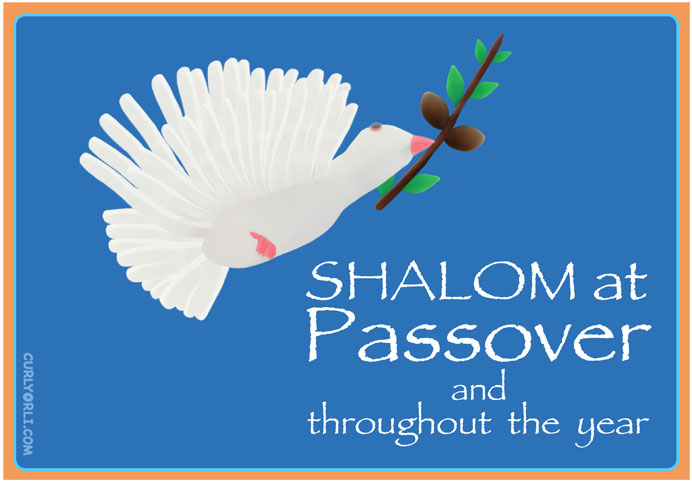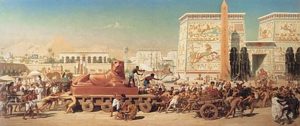 As we approach Passover at this anguished moment in our history, we struggle with ways to celebrate freedom.
As we approach Passover at this anguished moment in our history, we struggle with ways to celebrate freedom.
In the Haggadah we read, “In each and every generation a person — adam — is obligated to see oneself as if s/he came out of Egypt.” The text uses the Hebrew word adam, “human being,” to underscore freedom as a universal right. It draws on the text of creation, “And God created the human, ha’Adam, male and female God created them, and both were created in the Divine image.” The word adam in the book of Genesis inaugurates universal equality, since the act of creation makes no distinctions. Adam is later used in the Haggadah to re-inscribe freedom not for a particular category of Jews but as a universal right.
